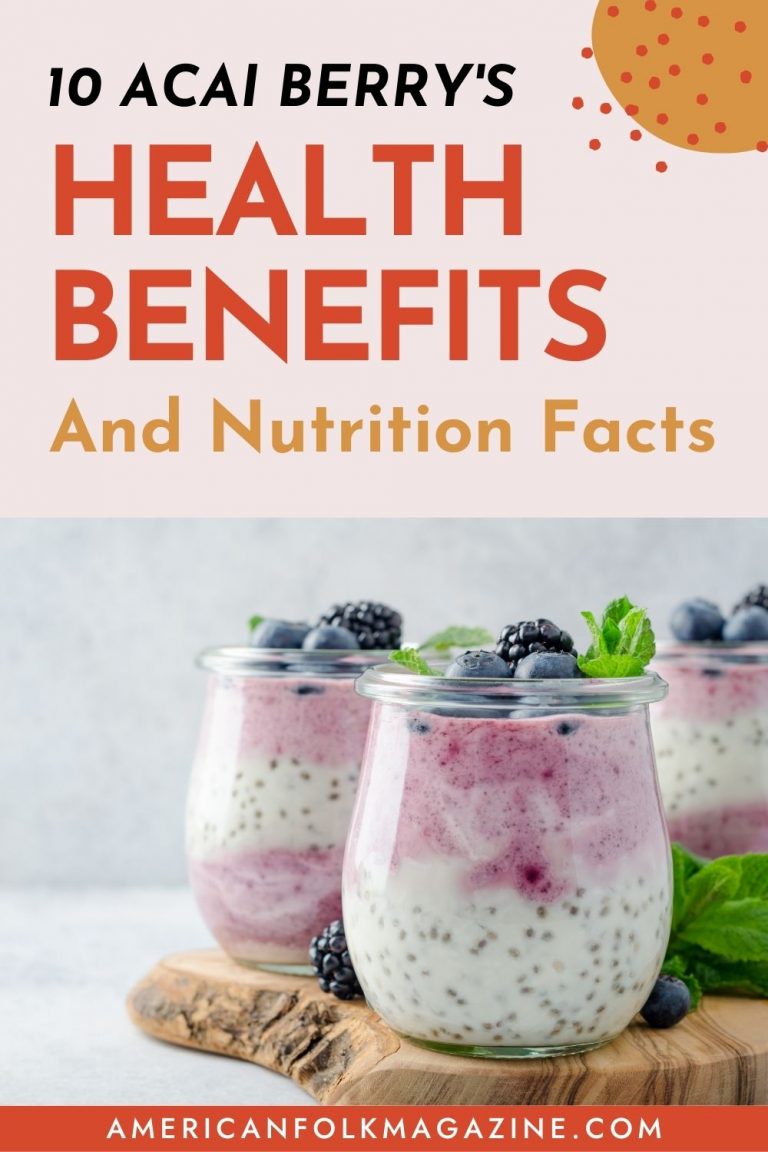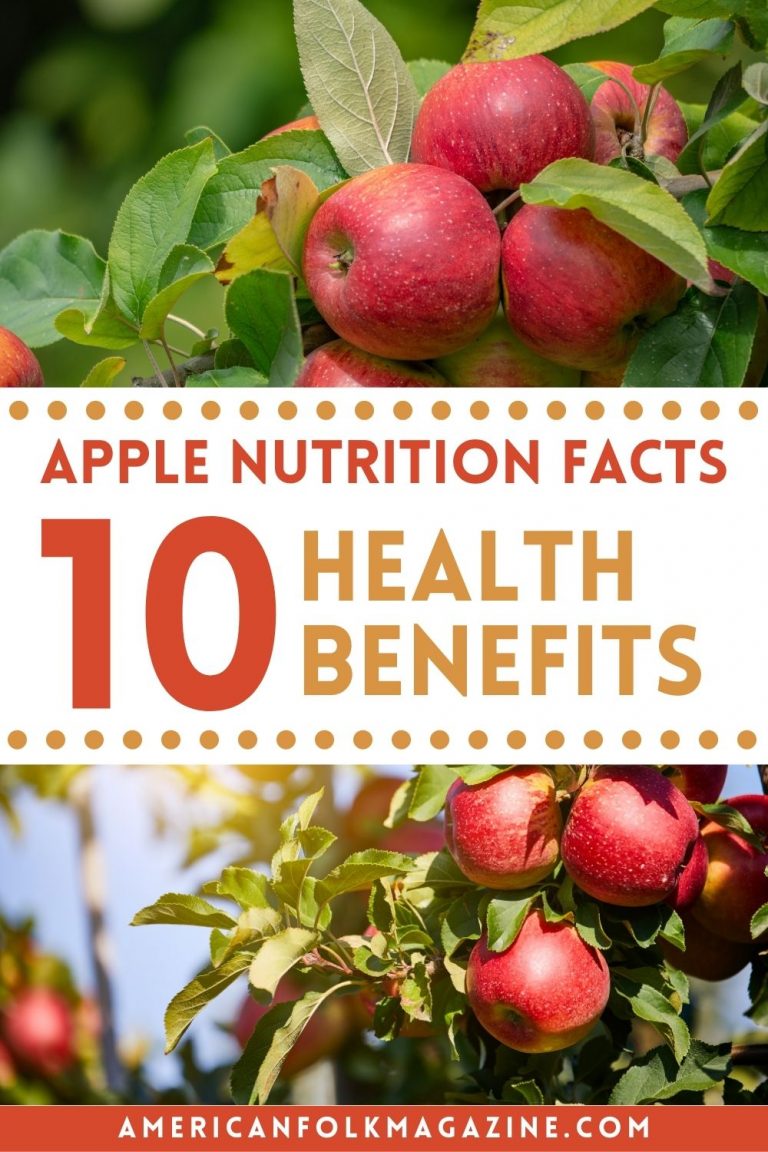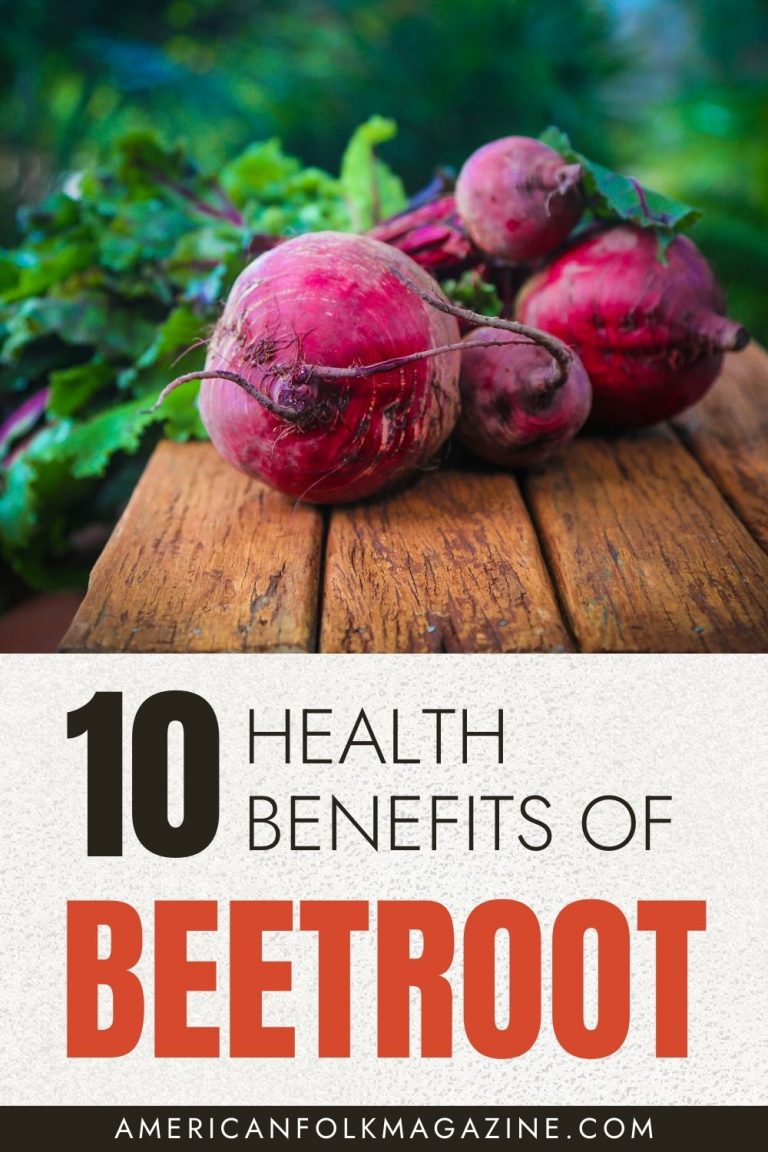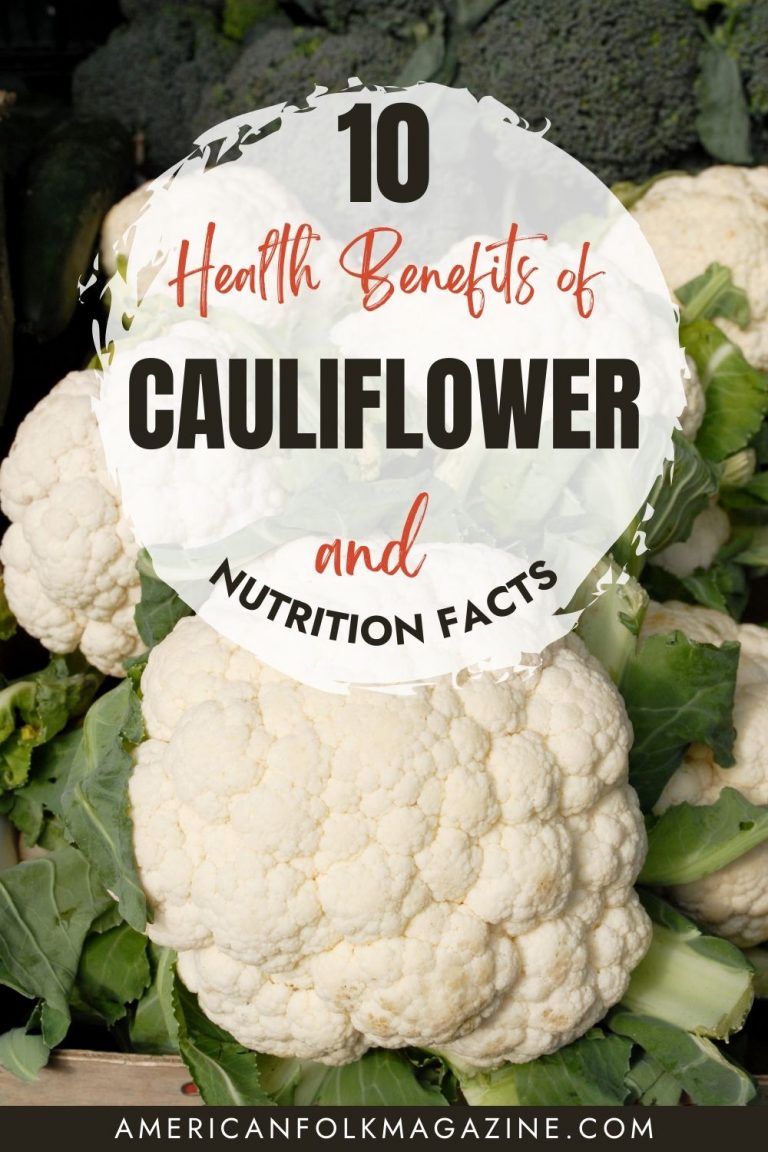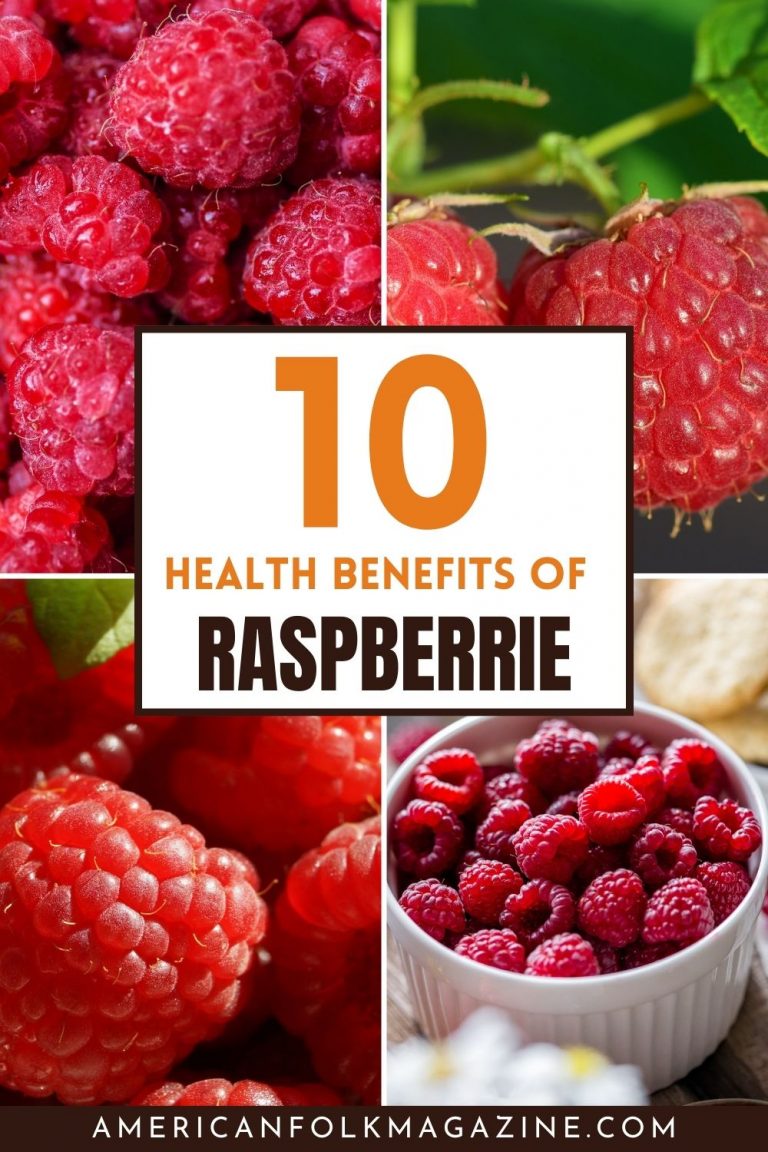Nectarines are a juicy and delicious fruit that are enjoyed around the world. They are a member of the stone fruit family and are closely related to peaches. Nectarines are packed with nutrients and offer many health benefits.
In this article, we will explore the nutrition facts and health benefits of nectarines in more detail. We will also provide tips on how to incorporate this delicious fruit into your diet.
Nectarine Nutrition Facts
Nectarines are a delicious and nutritious fruit that are packed with vitamins, minerals, and antioxidants. They are low in calories and high in fiber, making them a great addition to a healthy diet. Here are some of the key nutrition facts about nectarines:
| Nutrient | Amount per 1 medium-sized nectarine (142 g) |
|---|---|
| Calories | 63 |
| Fat | 0.5 g |
| Carbohydrates | 15 g |
| Protein | 1.5 g |
| Fiber | 2.4 g |
| Sugar | 11.2 g |
| Potassium | 6% of the Daily Value (DV) |
| Vitamin A | 7% of the DV |
| Vitamin C | 9% of the DV |
| Calcium | 1% of the DV |
| Iron | 1% of the DV |
As shown in the table above, nectarines are low in fat and protein, but high in carbohydrates and sugar. However, the sugar in nectarines is natural and comes from fructose, which is a healthier alternative to added sugars. Nectarines are also a good source of fiber, which helps to promote healthy digestion and can help to lower cholesterol levels.
In addition, nectarines are rich in vitamins and minerals that are essential for good health. They are particularly high in vitamin C, which is an antioxidant that helps to protect the body against damage from free radicals. Vitamin C also helps to support a healthy immune system and can help to reduce the risk of chronic diseases such as heart disease and cancer.
Nectarines are also a good source of potassium, which is important for maintaining healthy blood pressure and heart function. They contain smaller amounts of other minerals such as calcium and iron, which are important for strong bones and healthy blood.
Overall, nectarines are a delicious and nutritious fruit that can be enjoyed as a snack or added to a variety of dishes. They are low in calories and high in fiber, making them a great choice for anyone looking to maintain a healthy diet.
10 Health Benefits of Nectarines
Nectarines are not only delicious, but they also offer a wide range of health benefits. Here are 10 health benefits of nectarines that you should know about.
1. Boosts Immune System
Nectarines are packed with antioxidants, which help to boost the immune system and protect the body from harmful free radicals. They are also rich in vitamin C, which is essential for the production of white blood cells that fight off infections and diseases.
2. Promotes Digestive Health
Nectarines are an excellent source of dietary fiber, which promotes digestive health by preventing constipation and maintaining regular bowel movements. Fiber also helps to reduce the risk of colon cancer and other digestive disorders.
3. Supports Heart Health
Nectarines are low in saturated fat and cholesterol, making them an excellent choice for maintaining heart health. They are also rich in potassium, which helps to regulate blood pressure and prevent hypertension.
4. Improves Eye Health
Nectarines are a good source of vitamin A, which is essential for maintaining healthy eyesight. Vitamin A helps to prevent age-related macular degeneration and other eye disorders.
5. Aids in Weight Management
Nectarines are low in calories and high in fiber, making them an excellent choice for weight management. Fiber helps to reduce appetite and promote feelings of fullness, which can help to prevent overeating and weight gain.
6. Promotes Skin Health
Nectarines are rich in vitamin C, which is essential for the production of collagen, a protein that helps to keep the skin firm and elastic. They also contain antioxidants that help to protect the skin from damage caused by UV radiation and other environmental factors.
7. Enhances Cellular Function
Nectarines are a good source of vitamin B6, which is essential for the production of red blood cells and the metabolism of protein, carbohydrates, and fats. They also contain potassium, which helps to regulate fluid balance and maintain healthy cell function.
8. Boosts Brain Health
Nectarines are rich in antioxidants, which help to protect the brain from damage caused by free radicals. They are also a good source of vitamin B6, which is essential for the production of neurotransmitters that regulate mood and cognitive function.
9. Improves Bone Health
Nectarines are a good source of calcium, which is essential for maintaining healthy bones and teeth. They also contain vitamin K, which helps to regulate calcium absorption and prevent osteoporosis.
10. Anti-Cancer Properties
Nectarines contain compounds that have been shown to have anti-cancer properties. These compounds, such as quercetin and chlorogenic acid, help to prevent the growth and spread of cancer cells.
Overall, nectarines are a delicious and nutritious fruit that offer a wide range of health benefits.
How to Incorporate Nectarines into Your Diet
Nectarines are a versatile fruit that can be enjoyed in many different ways. Here are some ideas for incorporating nectarines into your diet:
1. Eat them fresh
The simplest way to enjoy nectarines is to eat them fresh. Simply wash the fruit, remove the pit, and enjoy the sweet and juicy flesh.
2. Add them to salads
Nectarines can add a sweet and tangy flavor to salads. Simply slice them up and toss them with some greens, nuts, and a light dressing for a refreshing and nutritious meal.
3. Make a smoothie
Nectarines can be blended into a smoothie for a quick and easy breakfast or snack. Simply blend the fruit with some yogurt, milk, and ice for a delicious and healthy drink.
4. Grill them
Grilling nectarines can bring out their natural sweetness and add a smoky flavor. Simply slice the fruit in half, brush with some oil, and grill for a few minutes on each side.
5. Bake them
Nectarines can be baked into a variety of desserts, such as pies, crumbles, and cobblers. They can also be roasted and served as a savory side dish.
6. Pair them with cheese
Nectarines can be paired with cheese for a delicious and sophisticated snack. Simply slice the fruit and serve with some cheese and crackers.
By incorporating nectarines into your diet, you can enjoy their many health benefits while also satisfying your sweet tooth.
Potential Risks and Precautions
While nectarines are a healthy and nutritious fruit, there are some potential risks and precautions to keep in mind.
Allergic Reactions
Nectarines belong to the same family as peaches and may cause allergic reactions in some individuals. Those with a known allergy to peaches or other stone fruits may also be allergic to nectarines and should avoid consuming them. Allergic reactions to nectarines may include itching, swelling, hives, and difficulty breathing.
Pesticide Residue
Like many other fruits, nectarines may contain pesticide residue. It is important to thoroughly wash nectarines before consuming them to remove any potential residues. Alternatively, consider choosing organic nectarines, which are grown without the use of synthetic pesticides.
High Sugar Content
Nectarines are naturally sweet and contain a significant amount of sugar. While this sugar is natural, excessive consumption of nectarines may contribute to weight gain and other health issues. It is important to consume nectarines in moderation as part of a balanced diet.
Interactions with Medications
Nectarines contain certain compounds that may interact with certain medications. For example, nectarines may interfere with the absorption of certain antibiotics and should be consumed separately from these medications. Individuals taking medication should consult with their healthcare provider before consuming nectarines or other fruits.
Overall, nectarines are a healthy and nutritious fruit that can be enjoyed as part of a balanced diet. However, it is important to keep these potential risks and precautions in mind to ensure safe and healthy consumption.
References:
- https://www.healthline.com/nutrition/nectarine-benefits
- https://www.verywellfit.com/nectarines-nutrition-facts-calories-and-health-benefits-4114179
- https://www.nutrition-and-you.com/nectarine.html
Pin It In Your Board




